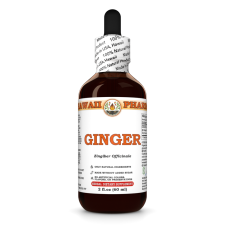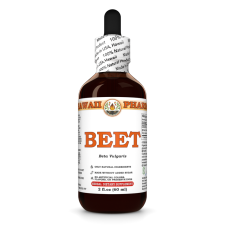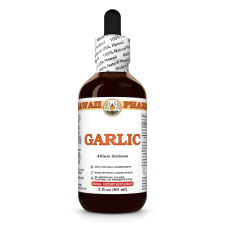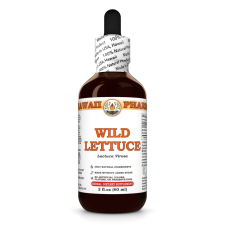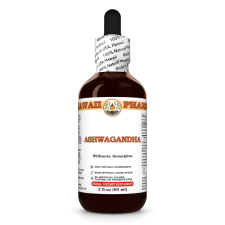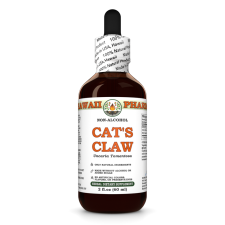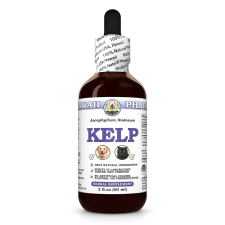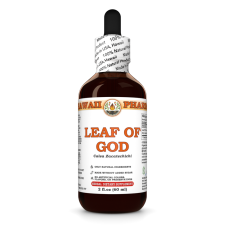
BLACKBERRY
Native to temperate areas of Europe Blackberry is a sprawling, prickly shrub, growing to twelve feet having palm-shaped leaves with three to five lobes, white to pale pink flowers, and clusters of large, black berries that contain numerous edible seeds.
Leaves contain tannins, flavonoids, fruit acids. Fruit contain anthocyanins, pectin, fruit acids, vitamin C. Roots are rich in saponins and tannins.
Remember that blackberries are best consumed in their natural state in order to obtain their benefits. Freezing them also preserves the nutrients, even though the texture may change.
Potassium Content
You need potassium to build muscle and protein and to maintain overall healthy growth.
Rich in Folate
It provides support to your immune system, helps your body tolerate stress and aids in the breakdown of carbohydrates for energy. Folate is also essential for brain function, maintaining mental and emotional well-being.
A Good Source of Vitamin C
Vitamin C aids in the production of collagen, which keeps your skin, blood vessels, cartilage healthy.
Rich in Antioxidants
Blackberries contain large quantities of natural antioxidant.
You need
2 l fresh blackberries
1/2 cup water
Bring blackberries and water to a boil in a 3-l saucepan. Reduce heat and simmer 5 minutes or until blackberries are soft.
Mash blackberries with a potato masher or fork
Pour through a filter into a bowl and squeeze out the juice.
Discard the pulp and seeds.
Stay healthy with the gifts of nature!





